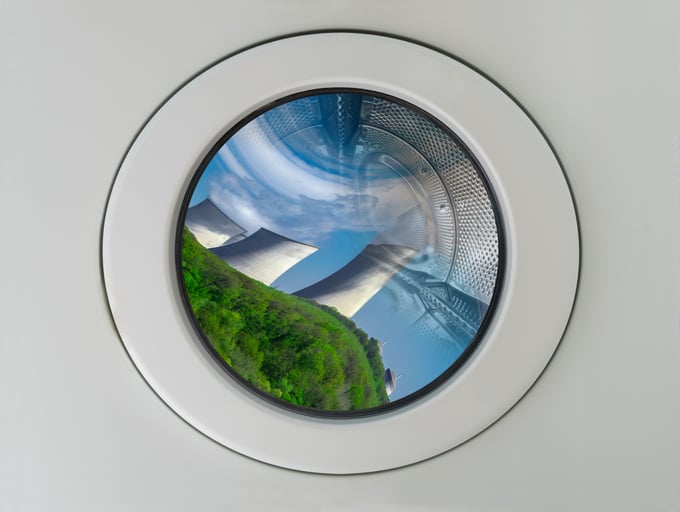The European Council has adopted a directive to give consumers greater clarity on the true environmental impact of products and services. Directive 2022/0092, Empowering consumers for the green transition, updates the rules about unfair commercial practices and consumer rights. It aims to tackle misleading claims that could discourage sustainable consumption choices.
Directive 2022/0092 received final approval on 20 February 2024 and will now be adopted by member states. The thinking behind it is clear: consumer choice loses its power to effect change when consumers are confused by poor information. It should be much easier to reward businesses for doing the right thing and hit them in the pocket when they don’t.
The directive is part of a wider push from the EU to support the green transition through clearer information. It complements the forthcoming Green Claims Directive (2023/0085), currently making its way through the European Parliament.
A trap to avoid
The legislation gives some (non-exhaustive) examples of claims businesses will have to avoid. Much of it looks like common sense. For example:
- Don’t boast that your product is “free” of an ingredient that it was never likely to contain anyway;
- Don’t make vague claims like “kind to animals” without backing them up with data;
- Don’t imply you’re doing better than your rivals on a sustainability metric without giving evidence.
The wording of the directives don’t specifically mention energy, but here is a trap some businesses may unwittingly fall into. If your site’s energy comes via a green tariff or renewable CPPA, it may seem uncontroversial to describe the business as “powered by renewable energy”. But the reality is that 24/7 clean energy sourcing isn’t possible for anyone yet. If your business trades in the EU, claims like this could fall foul of the new legislation and land you a hefty fine.
The directives obviously don’t apply to companies with no business in the EU, but the UK has its own legislation designed to protect consumers from misleading claims. The Green Claims Code requires marketing to “tell the whole story” without hiding any caveats. The true story of standard “renewable” tariffs is that this sourcing is opaque and businesses on these tariffs are overestimating their environmental credentials.
Fight greenwash with data
Providing accurate information is the only way to stay on the right side of any anti-greenwash rules. It is also the best move for the credibility of your business. If you actually know how much of the energy powering your business comes from renewable sources, you can quote that figure with pride.
Here’s where the Matcher comes in. It lines up half-hourly data on the mix of energy in the grid and checks it against the consumption of your business – again, in half-hourly chunks. This gives a highly granular picture of where the energy powering your business is coming from. Many businesses find that their clean energy score from the Matcher is much lower than they imagined. But this figure can then be the starting point for genuine progress in decarbonisation – and the Matcher can help with that too.
The crackdown on greenwashing means that businesses need to arm themselves with data to stay ahead. For a peek at your true clean energy score, get in touch for a Matcher demonstration.



